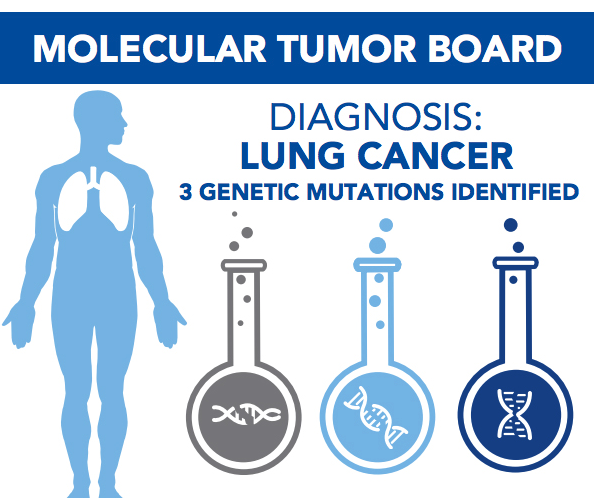Biography
Ari VanderWalde is Director of Research at West Cancer Center and Research Institute in Memphis, Tennessee. An internationally recognized cancer researcher, Dr. VanderWalde holds a dual appointment with the University of Tennessee Health Science Center as Associate Vice Chancellor for Clinical Research and Associate Professor in Hematology/Oncology. His primary research is in melanoma, immunotherapy, and targeted therapies. In addition to the above duties, Dr. VanderWalde serves as the inaugural co-chair of the West Cancer Center Molecular Tumor Board, which has been in operation since 2014. In 2019, he was also appointed inaugural chair of the Virtual Molecular Tumor Board for Caris Life Sciences. He is the editor-in-chief of Elsevier’s PracticeUpdate Center of Excellence for Advanced Melanoma, and serves as the medical director for the Clinical Trials Network of Tennessee (CTN2) and senior medical director for George Clinical, an oncology based CRO.
Session Abstract – PMWC 2020 Silicon Valley
The Molecular Tumor Board (MTB) was mostly established to facilitate the incorporation of molecular diagnostics into the consideration of appropriate therapies for patients with late stage cancer. Initially, much of the deliberation was focused on understanding the results of such testing, as reporting of results was limited in scope and frequently understandable only to cutting edge experts in the field. Improved, but still not perfect, reporting now exists, so discussion has shifted to prognostic and therapeutic considerations. That said, the collective experience with rare mutations and off label therapies is still such that collective wisdom is necessary. This brings up the issue of how MTBs collect, share, and preserve data within a specific MTB, and perhaps more importantly, how it might be shared amongst MTBs and beyond. While initial activity related to MTBs resided almost exclusively in large academic, and select community, medical centers, there is now significant effort in the commercial setting as well, with a number of intriguing efforts presently underway. Important and evolving issues, such as defining which patients are most likely to benefit from the efforts of a MTB, Virtual MTBs, and the generation of Real World Evidence, will be discussed.









